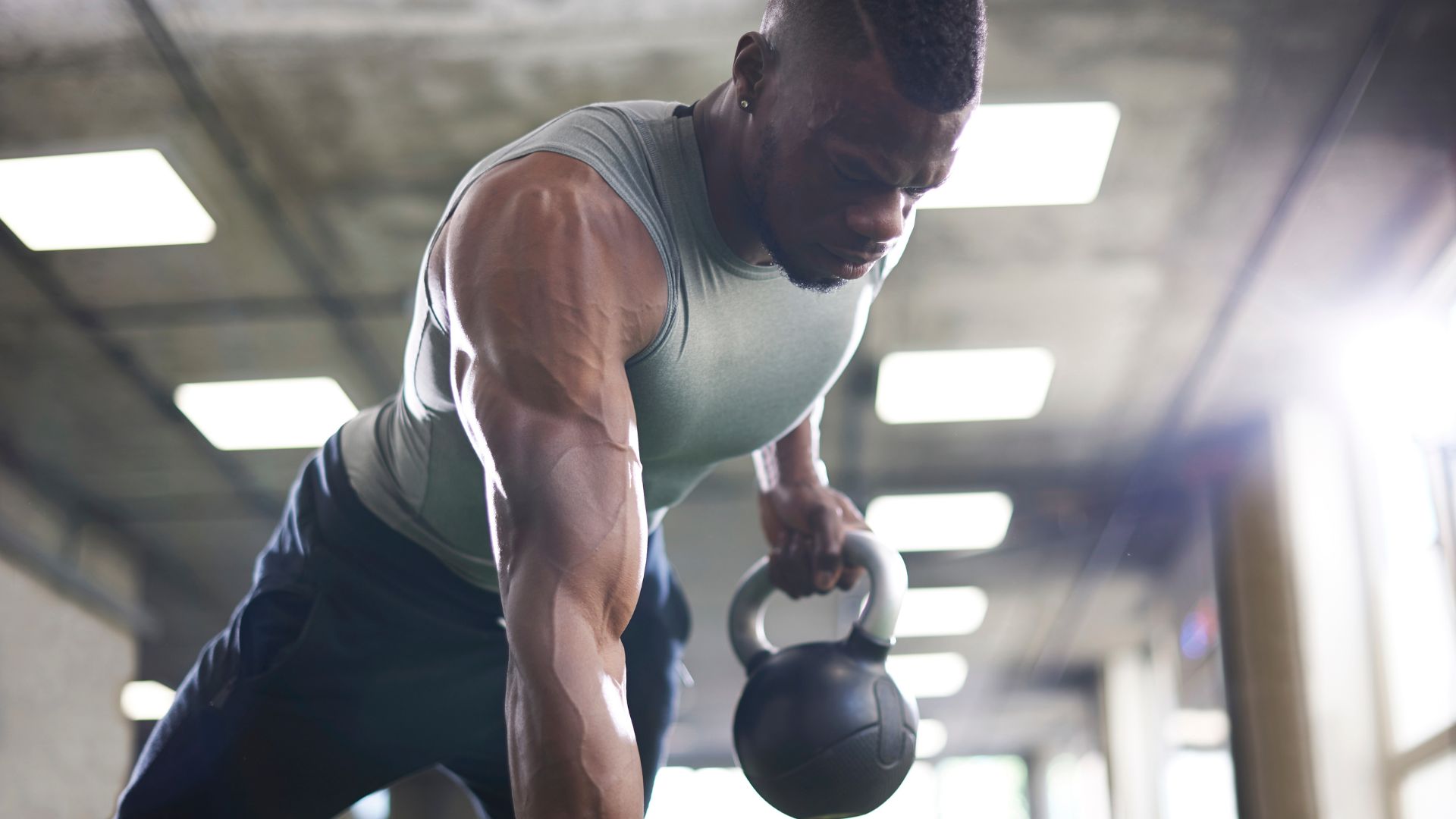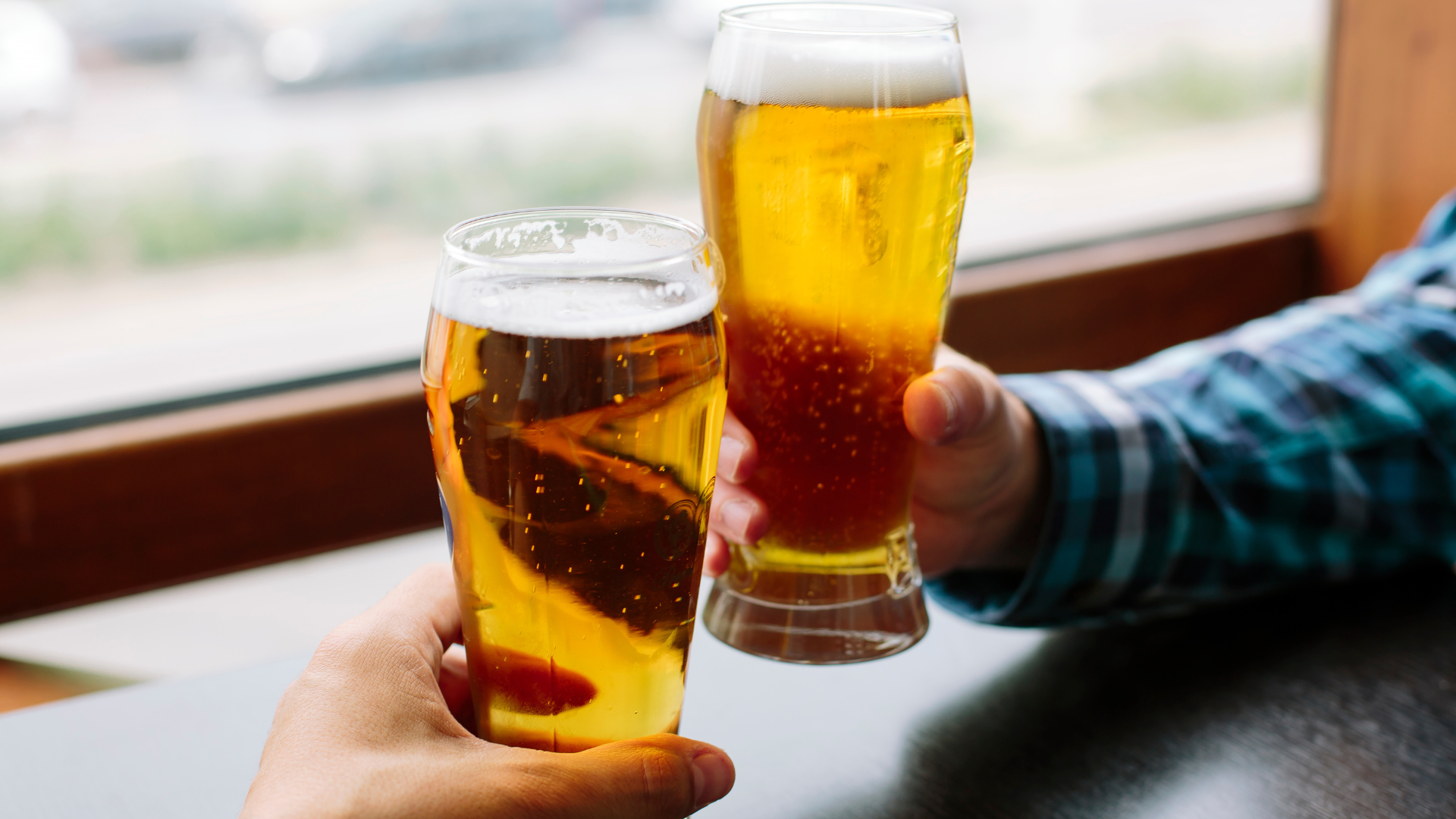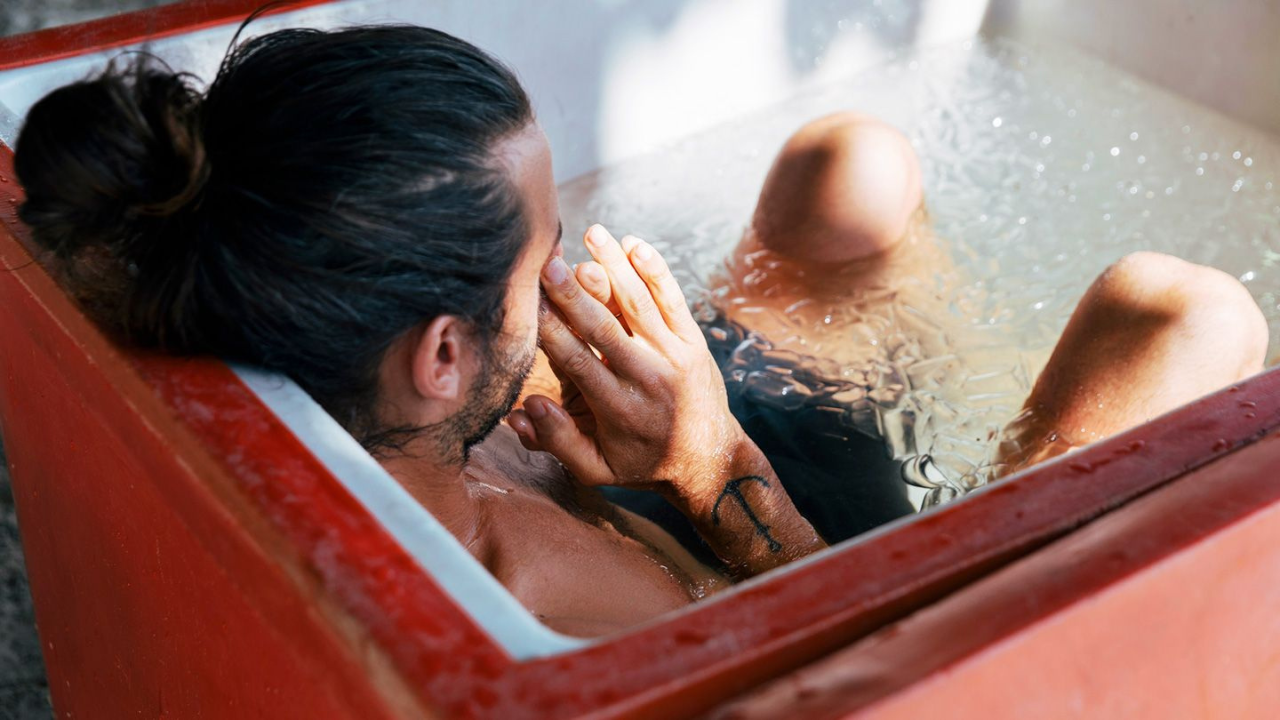
When your goal is to build muscle (aka hypertrophy) you know you’re in for the long game, as it doesn’t happen overnight. But if you're consistent in your strength training, hitting your protein intake and eating in a calorie surplus, then you’re on the right track to success. But as well as knowing what helps us build muscle, it’s important to also be aware about what prohibits it, as you may be doing things that are killing your gains without even realising.
In his latest YouTube video, Strength and Conditioning Coach Jeff Cavaliere, founder of Athlean-X, touches on exactly this and what you shouldn’t be doing after a workout. Cavaliere actually identifies 10 different things you should avoid, but we’ve picked the ones that specifically relate to building muscle. So, if you want the best possible chance of maximising muscle growth, make sure you’re not doing these things…
1. Drinking alcohol

You may have had the best workout of your life and as a result want to reward yourself with a well-deserved bevy. But, when muscle growth is your goal Cavaliere suggests avoiding it altogether, as it affects muscle protein synthesis (the process of building muscle). A 2014 study looked into this and found that eight men who consumed alcohol after working out alongside a protein shake saw a 24% reduction in muscle protein synthesis. Clearly, that Guinness just isn't worth it.
2. Getting in an ice bath

‘WHAAAT?!’. Yep, we thought this one may surprise you. While Cavaliere doesn’t disagree with the many benefits associated with cold water immersion, he says that if hypertrophy is your goal you need to consider when you’re getting in an ice bath. It shouldn’t be straight after. “If we do this within four to six hours of training you get a blunting effect to the inflammatory response, productive for building muscle,” he explains in his video.
This is also supported by a 2019 study published in the Journal of Physiology, which followed 12 men and their recovery after resistance training. Six took part in cold water immersion therapy for 15 minutes immediately afterwards, while the other six took part in passive recovery. The findings showed that post-exercise cold water immersion weakened muscle fibre growth, compared to the group that did stretching. Although their strength was not affected.
3. Doing cardio after your workout

A common question is ‘should I do cardio before or after weights for muscle growth?’. It’s 100% better to do cardio afterwards, because otherwise you’re just using up energy that you could be putting into your strength training. However, Cavaliere says that, really, you should avoid doing them concurrently and simply switch your cardio to a non-strength training day.
This is because doing cardio immediately after your strength training will dip into your recovery reserves which may prevent you from putting on muscle. “You’re just competing with yourself, the energy systems are clashing and you’re not going to get the best end result in either direction,” he says. A study published in the Journal of Strength and Conditioning Research also supports this and found that doing resistance and endurance training on the same day resulted in a reduced size in muscle, strength and power, compared to when they were performed on separate days.
If you really can’t separate your cardio and weight training, then another study suggests to separate your sessions by at least six hours (24 hours is optimal though).







